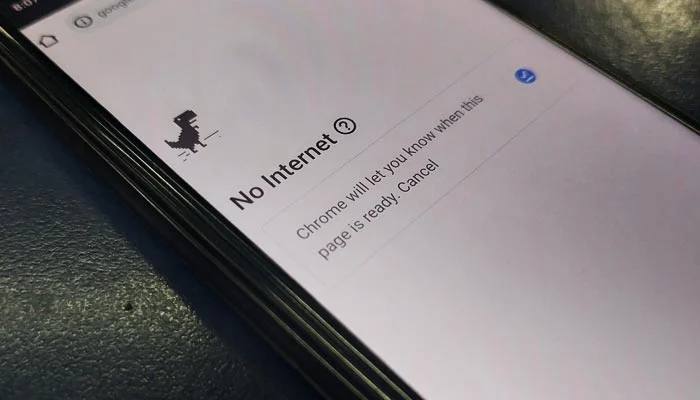On Sunday night, Jan Achakzai, the interim minister of information for Balochistan, declared that on election day, internet access will be temporarily blocked at the province’s crucial polling places.
The decision to limit internet services halted in light of potential terrorist actions during polling was made by the caretaker government because Balochistan is still a target for terrorists ahead of the elections on February 8.
The minister expressed concern on X that social media platforms could be used by terrorists as a channel of communication for their evil schemes.
Because of the fear that terrorists would use social media sites like Facebook, Twitter, and other similar channels for communication, protecting the safety and security of regular people is crucial.
In the run-up to the elections, he claimed, internet access will be blocked in places like Turbat, Mach, and Chaman—the most recent terrorist assault sites in the province.
The decision is made in the midst of a dangerous scenario in Balochistan following a recent upsurge in terrorist assaults, particularly targeting political parties and their pre-election rallies.
However, sporadic network failures have also severely impacted independent candidates with limited funding who depend on social media to promote their message.
As a candidate for the port city of Karachi, attorney Jibran Nasir has sued the government over the social media shutdowns, claiming that they violate people’s constitutional rights and establish a “dangerous precedent” for the future.







